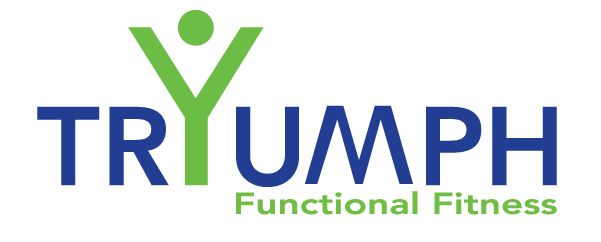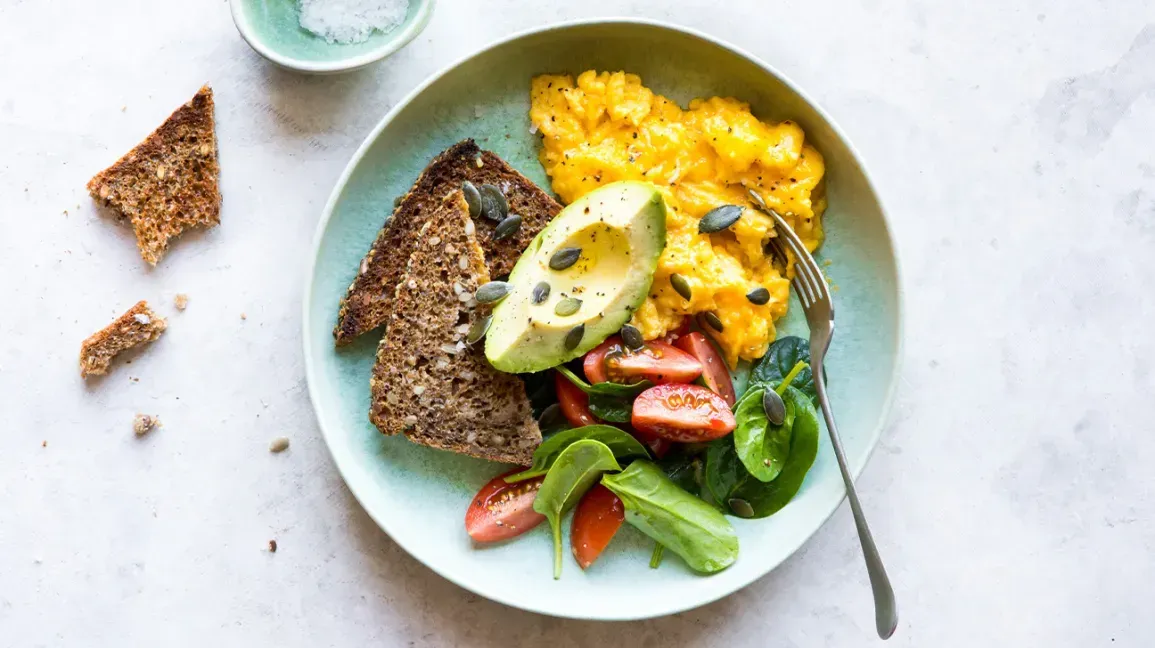March 23, 2020
Coronavirus at home workout with Coach Matt O’Brien
Coronavirus at home workout with Coach Matt O’Brien
Stuck at home but want to stay or get fit with minimal equipment? Coach Matt O’Brien, CSCS owner and head coach at TrYumph Fitness and Nutrition in Largo, Florida will guide you through a quick, but effective 20 minute at home workout.
You will only need a big towel, a mat or soft floor, and either a dumbbell, kettlebell, bottle or water, or bag of coffee to complete this workout.
SUBSCRIBE to this channel for more at home workouts as well as other playlists of useful health, nutrition, and training information.
Stay strong friends. The Y in TrYumph is You!











